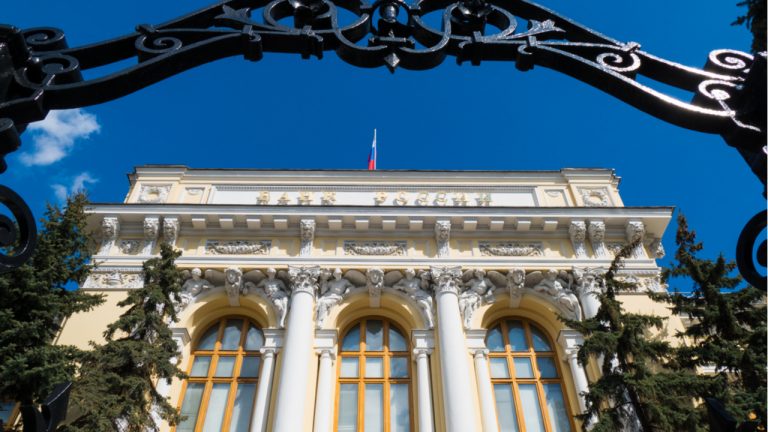
The first deputy governor of the Central Bank of Russia (CBR) has been vocal in a recent online meeting, reported by Russia Today (RT), about the topic of digital currencies challenging the SWIFT international payments system and make it redundant.
Digital Currencies Could Challenge SWIFT System, Even Replace It
According to Olga Skorobogatova, the development of digital coins makes international banking payment systems a topic of discussion, in the way that such traditional logic could become obsolete.
She backed her comments on the fact that over 30 financial regulators “are currently working on their national digital currencies.” Also, she believes several countries could launch their cryptos over the next 5-7 years. Skorobogatova said:
Then, we can deal with direct integration issues. In this case, SWIFT may not be necessary because it will be a different kind of technological interaction. However, the global banking network may become one of the platforms for the new form of national currencies.
However, to achieve full integration of digital currencies, the CBR deputy governor believes the security should be guaranteed fully in the technology behind cryptocurrencies before thinking about launching a new global transaction network.
An Alternative Crypto-Based Global Payments Network to Bypass Sanctions?
RT’s report also adds to Skorobogatova’s words that Russia is working to respond to the ongoing threats to ride off the country from the SWIFT system, as “some Western politicians have threatened to disconnect Russian banks from the network” as part of a series of sanctions.
The SWIFT system is used in more than 200 countries between 11,000 financial institutions to arrange cross-border payments. Still, the major disadvantage of processing transactions through such networks is the slowness and the expensive costs it carries.
The Central Bank of Russia is working on its own CBDC, digital ruble, as they are planning to launch a series of tests similar to those performed by China.
Five Russian banks already expressed interest in participating in the CBDC pilot: Credit Bank of Moscow, Promsvyazbank, Bank Zenit, Dom.RF, and Russian National Commercial Bank. The State Duma, the Federal Assembly of Russia’s lower house, expects the digital ruble experiment to start in the first half of 2021.
Do you agree with the CBR deputy governor’s words? Let us know in the comments section below.
The post Digital Currencies Could Outshine SWIFT System, Says Central Bank of Russia’s Deputy Governor appeared first on Bitcoin News.
Comments
Post a Comment